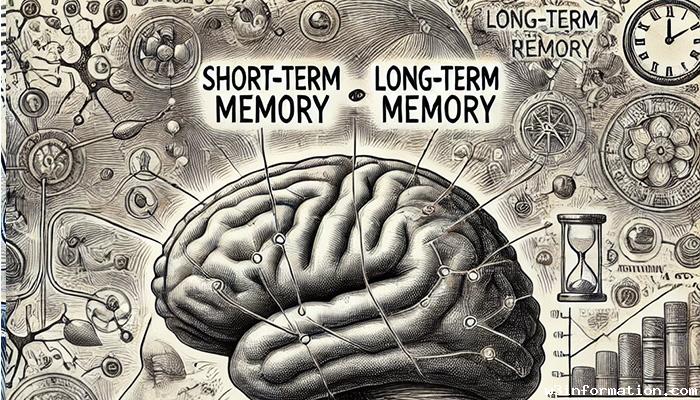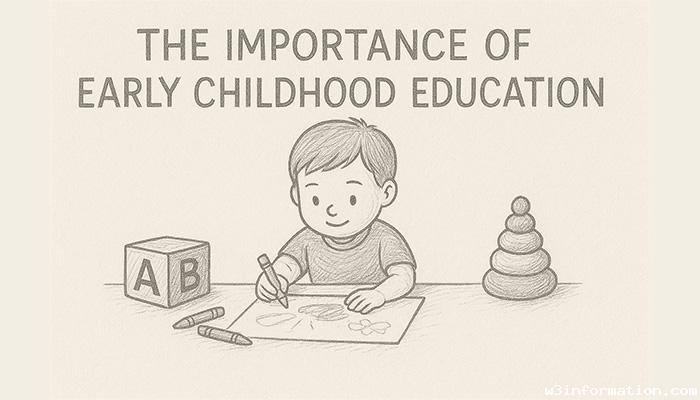How Memory Works: From Short-term to Long-term Retention
Memory formation progresses through three distinct phases which are encoding, storage, and retrieval. Encoding involves taking in information through sensory input and interpreting it. Information first stays in short-term memory before moving into long-term memory for later retrieval. Retrieval enables people to access information they have stored whenever they need to remember things like names, past events or skills they have learned.
The Cognitive Cost of Multitasking
The human brain lacks the capability to handle multiple complex tasks at the same time. The brain quickly moves attention from one task to another which causes cognitive overload. The brain loses its processing efficiency because of continuous task switching which makes it difficult to remember and recall information later. Research findings indicate that multitasking results in higher mental fatigue while reducing comprehension and causing more frequent mistakes at work.
Impaired Memory Retention
Engaging in multitasking impairs both immediate memory retention and long-term memory storage. The brain faces encoding difficulties when required to split attention across multiple tasks. The capacity to store information deteriorates while retrieving information becomes more difficult which results in forgetfulness and diminished learning ability. Research findings show that students who multitask between studying and social media check-ins store less information compared to students who concentrate exclusively on their studies.
Decreased Productivity and Efficiency
Research demonstrates that multitasking does not improve productivity even though many people think it does. Multitasking performance suffers because it takes additional time to regain focus after changing between tasks. Studies indicate that productivity drops by up to 40% when people multitask because the brain needs to reorient itself to new activities multiple times. The ongoing requirement for mental task switching causes increased stress levels and prolongs task completion time compared to sequential task completion.
The Role of Multitasking in Workplace Performance
Professional multitasking tends to result in reduced efficiency and an increase in errors. The act of moving between emails, meetings and project work tends to diminish employees' focus which results in a decline in their work quality. Workplace communication suffers when employees multitask because divided attention leads to misunderstandings and missed details during conversations and in written communication
Strategies to Improve Focus and Productivity
Single-tasking leads to better memory retention and productivity compared to multitasking methods. Efficiency improves when you prioritize your tasks and create time blocks for dedicated work while minimizing distractions. Using mindfulness practices together with the Pomodoro technique that alternates focused work sessions with brief pauses helps people sustain their attention while decreasing mental exhaustion.
Conclusion
Modern life needs multitasking as an essential skill but its effects on memory and productivity reveal that it is not beneficial. The attempt at multitasking results in mental overload which damages memory retention capabilities and reduces work performance. People who implement concentrated work methods while reducing interruptions will experience better information retention and improved productivity alongside enhanced work quality.

 Top 10 Comfort Foods to Try This Winter
Top 10 Comfort Foods to Try This Winter
 Top 10 Christmas Destinations Around the World
Top 10 Christmas Destinations Around the World
 Navigating Adolescence: Tips for Parents and Teens
Navigating Adolescence: Tips for Parents and Teens
 How to Start a DIY Craft Project on a Budget
How to Start a DIY Craft Project on a Budget
 How to Build Strong Family Bonds in the Digital Age
How to Build Strong Family Bonds in the Digital Age
 The Importance of Early Childhood Education
The Importance of Early Childhood Education